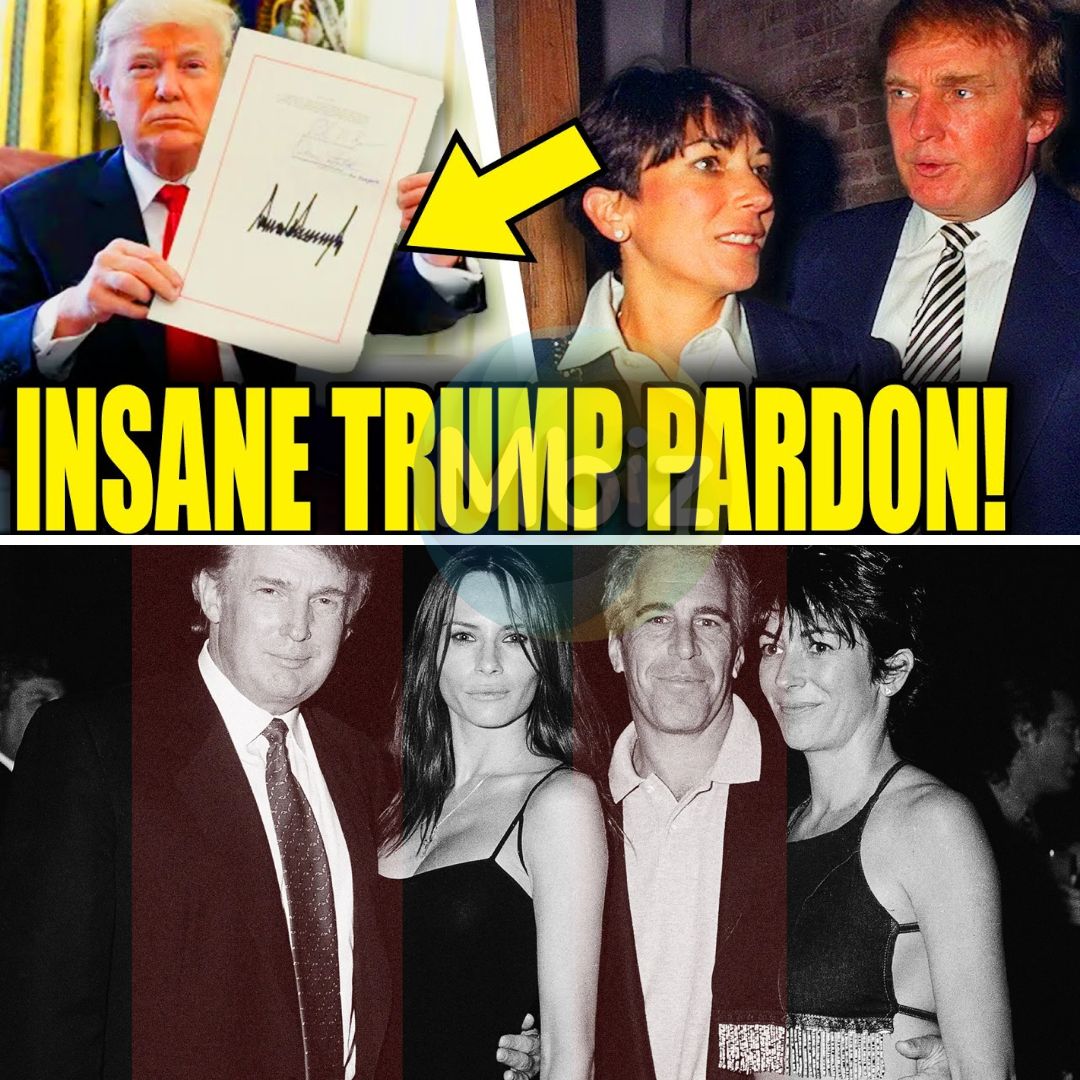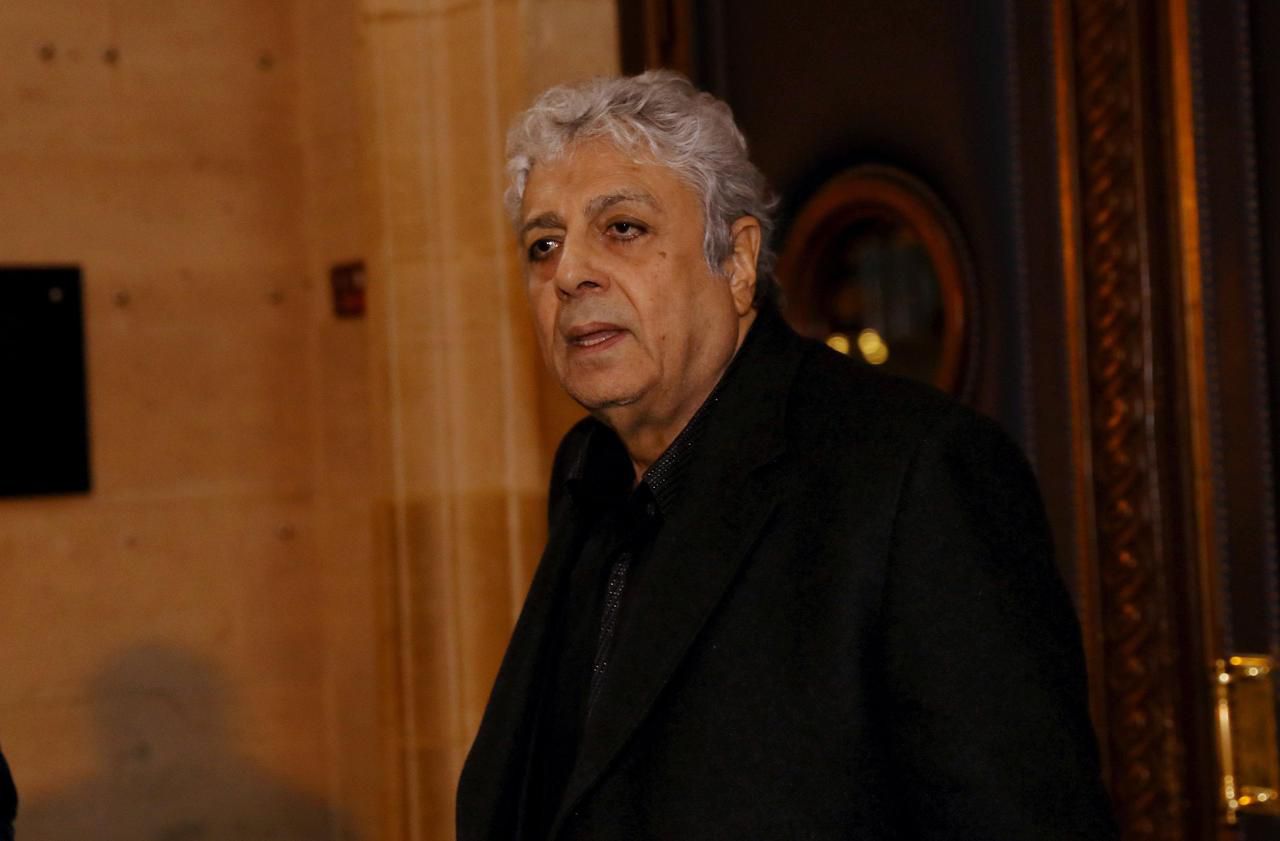In a stunning turn of events, former President Donald Trump has issued a series of late-night pardons that have sent shockwaves through the political landscape, coinciding with a government shutdown that many are calling an “Epstein shutdown.” As the fallout from Trump’s controversial presidency continues to unfold, these pardons are raising serious questions about his motives and the implications for ongoing investigations.
 Late last night, Trump announced pardons for 77 individuals, including high-profile allies like Rudy Giuliani and Mark Meadows, who played key roles in his efforts to overturn the 2020 election results. While the pardons are largely symbolic—none of the recipients faced federal charges—they signal Trump’s ongoing defiance of the legal system and his willingness to reward those who align with his agenda. Critics argue that these actions are a blatant misuse of presidential power, aimed at shielding his allies from potential future legal repercussions.
Late last night, Trump announced pardons for 77 individuals, including high-profile allies like Rudy Giuliani and Mark Meadows, who played key roles in his efforts to overturn the 2020 election results. While the pardons are largely symbolic—none of the recipients faced federal charges—they signal Trump’s ongoing defiance of the legal system and his willingness to reward those who align with his agenda. Critics argue that these actions are a blatant misuse of presidential power, aimed at shielding his allies from potential future legal repercussions.
The timing of these pardons is particularly alarming, as they coincide with a government shutdown that has left federal workers reeling. The shutdown, which many Democrats reluctantly supported to prevent further harm to healthcare programs, has been criticized for its lack of protections against the looming healthcare disaster resulting from Trump’s policies. Senator Chris Murphy expressed his frustration, stating that Democrats must not yield to the pressure of Trump’s bullying and must fight for the American people.

Moreover, the reopening of the House of Representatives is set to bring renewed scrutiny to Trump’s actions, especially as the Epstein files are back in the spotlight. With the House returning to session, calls for accountability are intensifying, and the political ramifications of Trump’s pardons could be far-reaching. As investigations into the false elector scheme continue, the risk of legal consequences for Trump and his allies looms large.
The political landscape is shifting rapidly, and the implications of Trump’s midnight pardons are yet to be fully realized. As Democrats grapple with their own internal divisions and the fallout from the shutdown, the urgency to address healthcare and uphold the rule of law has never been more critical. The American people are watching closely, and the stakes have never been higher. The question remains: will Trump’s latest moves mark a turning point in the ongoing battle for justice and accountability, or will they further entrench the chaos that has defined his presidency? Stay tuned as this story develops.






